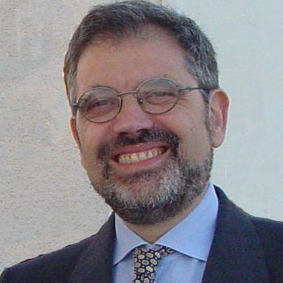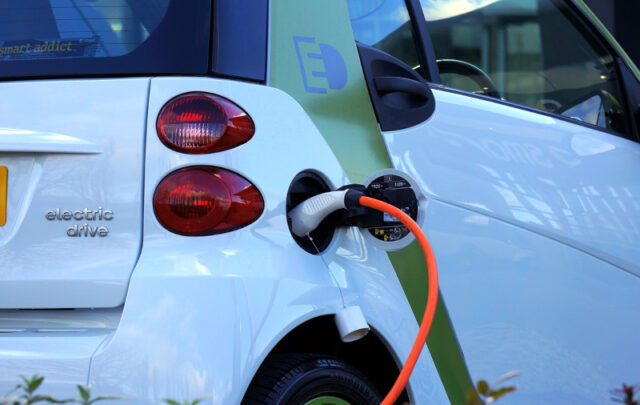
André Diederen’s recent book on resource depletion
I have been thinking, sometimes, that I could reserve a shelf of my library for those books which have that elusive quality that I could call “modern wisdom”. Books that go beyond the buzz of the media news, the shallowness of politicians’ speech, the hyper-specialization of technical texts. That shelf would contain, first of all, “The Limits to Growth” by Meadows and others; then the books by Jared Diamond, James Lovelock, Konrad Lorenz, Richard Dawkins, Peter Ward and several others that have affected the way I see the world.
I think I’ll never set up such a shelf, I have too many books and too few shelves; many are packed full with three rows of books. But, if I ever were to put these books together, I think that the recent book by André Diederen “Global Resource Depletion” would make a nice addition to the lot.
The subject of resource depletion, of course, is well known to readers of “The Oil Drum”. So well known that it is difficult to think of a book that says something new. Diederen, indeed, succeeds in the task not so much in reason of the details on the availability of mineral commodities that he provides, but for the innovative way he describes our relation to the subject. In other words, Diederen’s book is not a boring list of data; it is a lively discussion on how to deal with the implications of these data. It is a book on the future and how we can prepare for it.
To give you some idea of the flavor of the book, just a quote:
(p. 43) “… it isn’t enough to have large absolute quantities (“the Earth’s crust is so big”) and to have all the technology in place. (p. 33) … we have plenty of water in the Mediterranean or Atlantic Ocean and we have ample proven technologies to desalinate and pipe the water to the desert, so, why isn’t the Sahara desert green yet?”
This is, of course, the crucial point of resource depletion: what counts is cost, not amounts (I plan to use this example in my next talk!). Diederen is an unconventional thinker and he goes deeply into matters that, in some circles would be thought to be unspeakable; for instance (p. 41)
“I consider it quite likely that we will see the following management style trend taking shape within the next years: a military inspired no-nonsense approach, adapted to the pressing needs of our civil society. There are various factors which may lead to such a development: the need for triage-like decision making and subsequent actions as events unfold, the increasing public desire for strong leadership (amplified by the current general lack thereof) and the unambiguous nature of the military command structure. .. As the saying goes, if you have to steer through turbulence, you should sail faster than the current. Governance based on a more autocratic leadership style has a definite advantage in this respect”
That is a point that I myself have been examining when thinking about methods of “steering the elephant.” If you have a large and complex system to control, multiple nested feedback loops will make it impossible to govern it unless you establish a hierarchy that dampens the negative feedbacks. It is something that will necessarily look like a military command structure. This is the structure that we use to deal with local emergencies: from fires to floods. If we are to deal with a global emergency, in either climate change or resource depletion (or both), it is very likely that we’ll adopt this kind of structure – or at least we’ll try to.
The basic message of Diederen’s book, in any case, is that in the future we’ll have to face deep changes in the way we exploit and use minerals. We’ll have to be much more careful, use less and recycle more. Diederen classifies metals in three categories. One is the “elements of hope,” those which are abundant in the earth’s crust: aluminum, iron, silicon and others. Then, there are “frugal elements,” which are not very rare (e.g. titanium, copper and others) and, finally, “critical elements” (e.g. noble metals) which are extremely rare. The challenge is to build an industrial society which is based mainly on the elements of hope; only sparingly on the “frugal elements” and – if possible – does not use the critical elements at all. This is a very difficult problem that that can’t be solved by recycling alone, and not even by concepts such as “Cradle to Cradle,” which are fascinating but which may lure us into believing that there are simple solutions to a very difficult problem. To solve it, we will need to make important changes in the ways we manufacture things; and that can only be along the line that Diederen calls “managed austerity”. Recycling and substituting is not enough, we’ll have to use less.
The only defect of Diederen’s book is that it is too short. There is so much to say on the subject of resource exploitation and depletion that it could fill whole encyclopedias. This book is just a start but, on the other hand, is short enough that it may serve as a dense and useful introduction.






